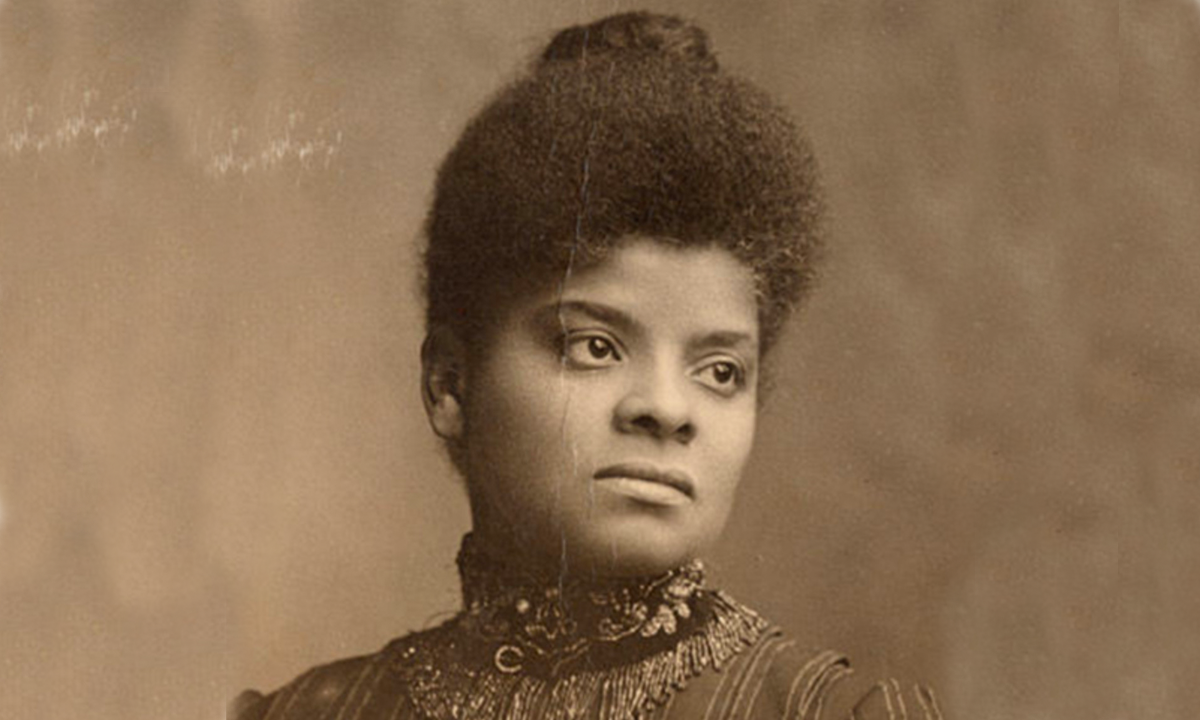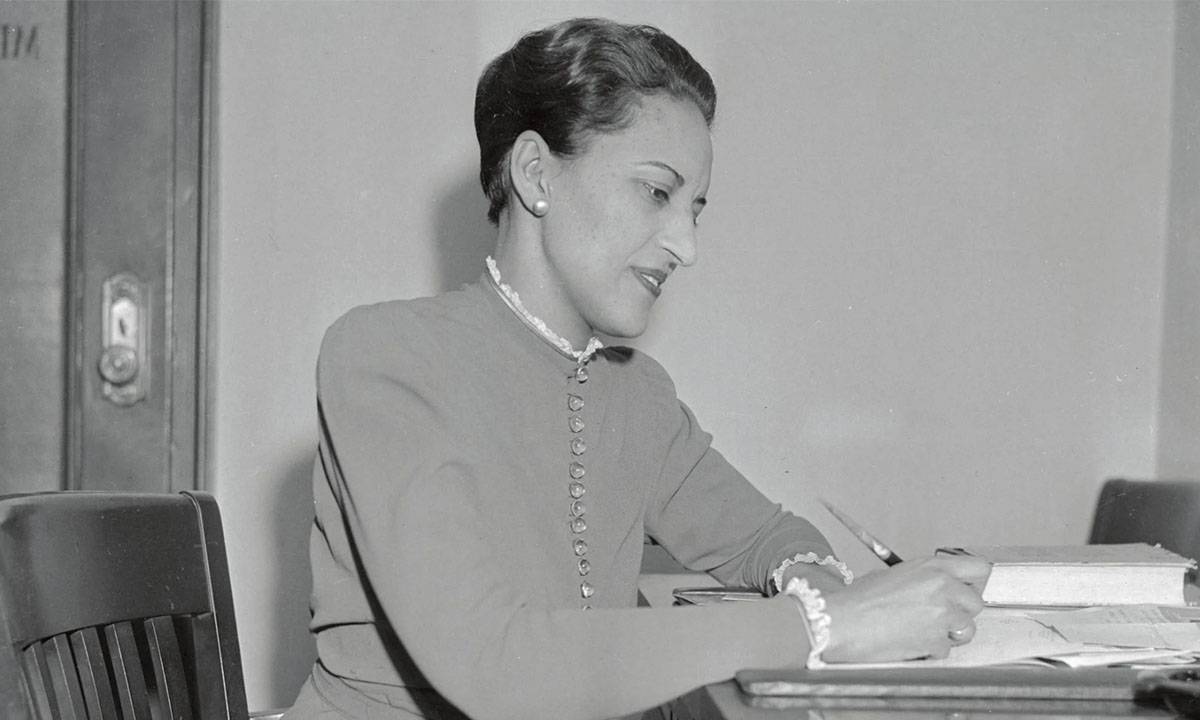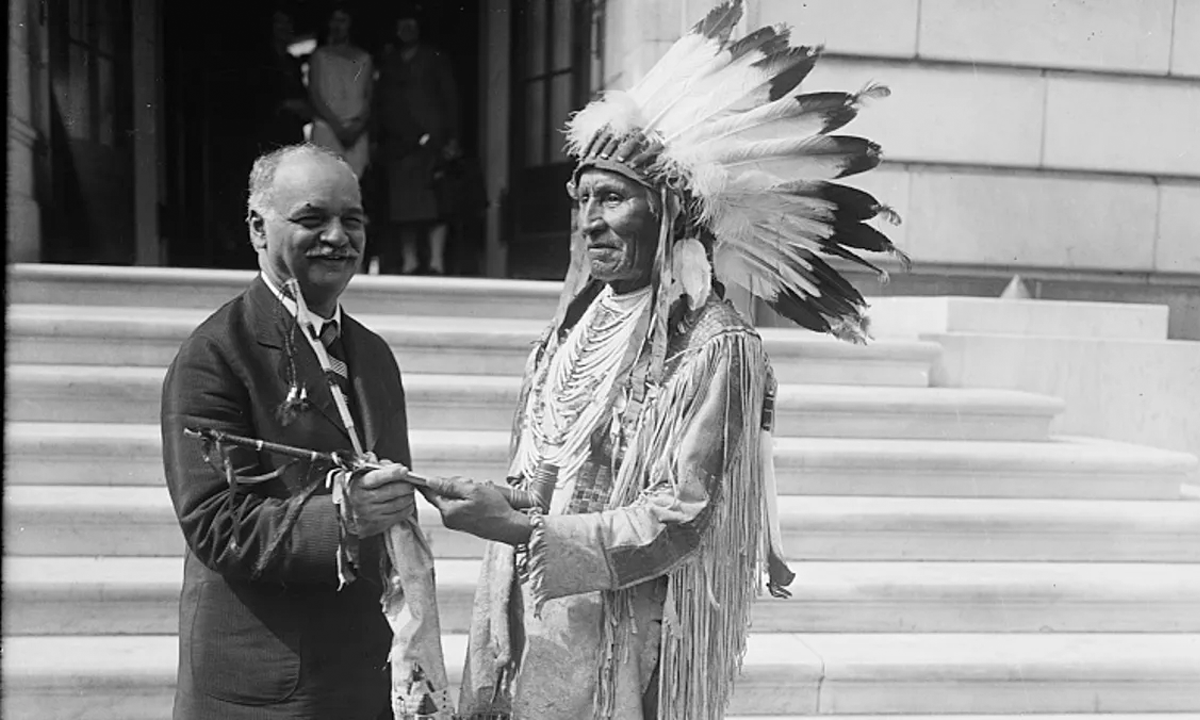Nearly 70 years before Rosa Parks, Ida B. Wells, an outspoken Republican, and civil rights activist, was forcibly removed from a train car for refusing to surrender her train seat to a white male. Outraged, Ida picked up a pen, launching a heroic career fighting for civil rights for all Americans.
Wells was born on July 16, 1862, in Holly Springs, Mississippi as a southern slave. After the Emancipation Proclamation, she was freed at about six months of age; but her plight continued. She faced racial prejudices and was restricted by discriminatory rules and practices. Her parents were active Republicans during the Reconstruction Era following the Civil War, likely influencing her at an early age to support Republican values. Their influence, though, was short-lived. They died from yellow fever when Ida was 16. In order to prevent the separation of her younger siblings, Ida became a teacher despite having a basic education.
At the age of 22, after her train incident, Wells began a journalistic career. She wrote about Southern politics and racial issues under the pseudonym, “Iola.” Her articles were published in black periodicals, and she eventually became the co-owner and editor of the newspapers Memphis Free Speech and Headlight as well as Free Speech later in her career.
Wells’ writing was again impacted when, in 1889, her friend Thomas Morris was grotesquely lynched by a white mob. The incident left Wells scarred and compelled her to begin an anti-lynching crusade which she fought for throughout her life. She became an investigative journalist after Morris’ murder, researching and documenting Southern lynching cases with funding from sympathetic locals. Eventually, Wells published, “Southern Horrors: Lynch Law in All Its Phases,” an incriminating pamphlet illustrating her extensive research on lynching.
Wells’ pamphlets and articles outraged southerners, yet she remained adamant in her quest. Undaunted by death threats and dire warnings, she traveled to the South and continued writing despite putting her life in increasingly greater peril. In one incident, she published an inflammatory editorial which drove a Memphis mob to sack her newspaper office, destroying all her equipment.
Wells then moved to the North where she continued writing. She wrote for African-American periodicals such as the New York Age and began a series of lectures abroad. In 1893, while at the World’s Columbian Exposition, a ban on African-American visitors triggered Wells to write a new pamphlet entitled, “The Reason Why the Colored American is Represented in the World’s Columbian Exposition.” The pamphlet garnered support from notable figures such as the famous abolitionist, Frederick Douglass, and her future husband, Ferdinand Barnett.
In 1898, Wells took her crusade to Washington. She led a protest in which she demanded that President William McKinley, a fellow Republican, enact anti-lynching reforms. During this time she married Ferdinand Barnett and went on to have four children. She also went on to establish several organizations such as the National Association of Colored Women through which her noble cause of equality and civil rights was furthered.
Throughout her life, Wells proved herself to be a true Republican. Her anti-lynching crusade and unceasing call for civil rights illustrated fundamental Republican principles, including equality for all Americans under the law. Through her cry for liberty and zealous defense of equality, Wells proved herself to be an eternal ideal – a classic Republican activist.
Photo via Biography.com




